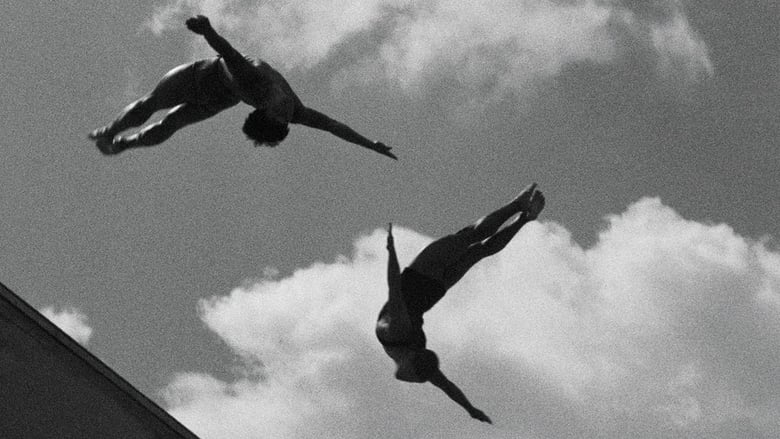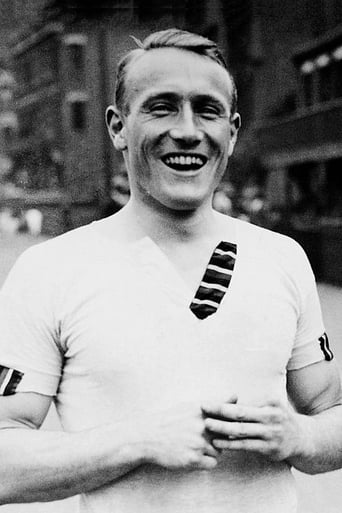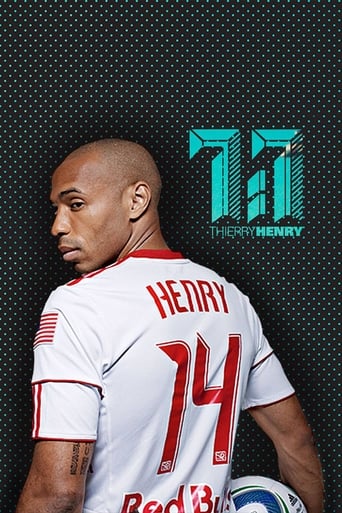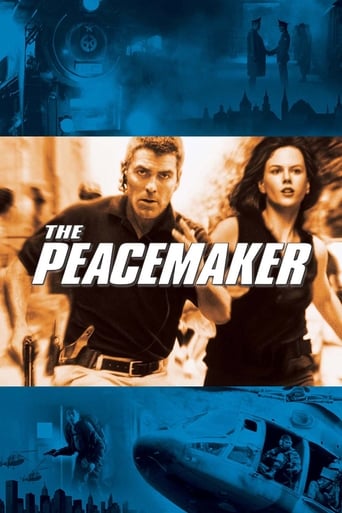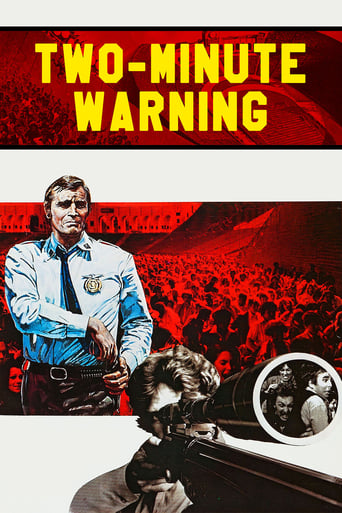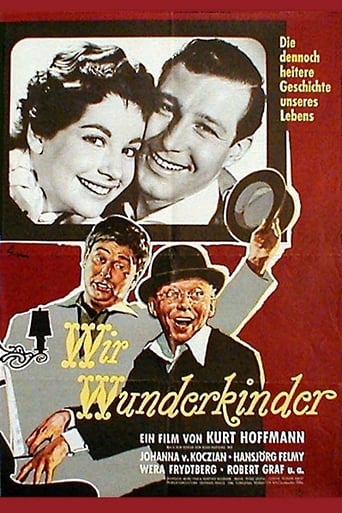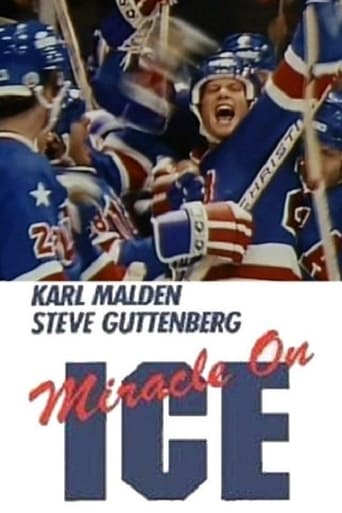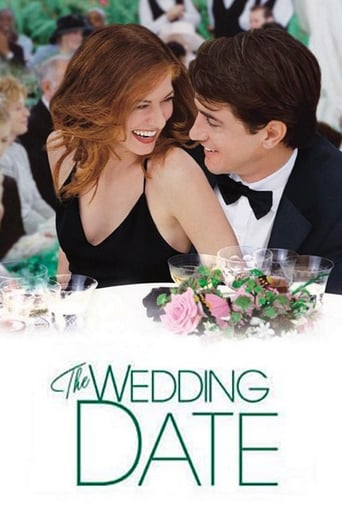Olympia Part Two: Festival of Beauty (1938)
The Second part of Olympia, a documentary about the 1936 Olympic games in Berlin by German Director Leni Riefenstahl. The film played in theaters in 1938 and again in 1952 after the fall of the Nazi Regime.
Watch Trailer
Free Trial Channels
Cast


Similar titles
Reviews
Sadly Over-hyped
A very feeble attempt at affirmatie action
One of the best movies of the year! Incredible from the beginning to the end.
The film never slows down or bores, plunging from one harrowing sequence to the next.
Reviewing the first opus of Leni Riefenstahl's documentary epic "Olympia", titled "Festival of Nations", I remarked that its idealistic content reflected our unconscious hypocrisy.Indeed, we label a film as propaganda because it's supposedly meant to exalt the pride of belonging to a nation while this is exactly what any sporting event does today. If it's an exaltation of superiority of any sort, the movie, as a documentary, never hid the victories and never pretended Jesse Owens didn't win. The film wasn't propaganda, it just had the misfortune to be made for a regime that could use it in order to demonstrate the power of Germany as the host country, but not as a physically superior people, so one of the best alibis "Olympia" could come up with is that it never made the Nazis' point.But it made sport's point and I don't think there's another documentary that provided such a glorious recollection of various sporting events, we're just so carried away by understandable hostile sentiments conveyed by the film's historical context that we fail to appreciate it for what it is: a hymn to the beauty of sport. And if the first opus focused on competition, the second is more lighthearted, so to speak, focusing on the beauty period, the youthful magnificence of the human body in action. And it's only fitting that the art of motion picture could finally magnify and sublimate so many movements we take for granted. "Olympia" raises the awareness of the sport appeal and in many ways, can be regarded as the seminal 'sport' film.The film is full of the same slow motions that proved their efficiency in the first opus during the opening sequence, and the technique culminated at the defining diving event, where for the first time, the competition ceased to matter and sport wasn't a mean anymore, but an end, a way to express the inner potential of the body. Riefenstahl exhilarated the beauty of a male body in such a revolutionary way she literally invented the soft-core porn. As even the straightest of men can't look at Usain Bolt or Michael Phelps' bodies without a slight bit of envy and admiration, and maybe it took the eye of a female director to finally reconcile us with our homoerotic tendencies, like it took the Renaissance male painters and sculptors to deify the female body. The French title of "Olympia" is even more eloquent as it says "Gods of Stadium", an expression still referring to modern athletes.But things seem to have evolved on that matter: by the time the Olympic games stop, the Paralympics start, and this might be what dates the film, its focus on the good, healthy and able body. We should all be glad to live in a world that awards the strength and achievement of the human spirit and its triumph over the handicap. That said, cinema or documentary is all about sight and sound, and we can't pretend that the sight of a missing leg or arm is as pleasing to the eyes... without feeling a bit hypocritical. And those who praise the spirit of the Paralympics, do they watch the games? Do they know the athletes' names? Now, while "Festival of Beauty" is a hymn to strength and grace and physical ability, I'm not sure if it is outdated or modern by these standards. Have we really stopped to care about strength and beauty? It's funny how "Olympia" keeps on revealing human hypocrisy while we cast our stones at Riefenstahl. Let's face it, one of the appeal of sport is to provide us some beautiful sights, the beauty of the body and the harmony in the movements, and men have always sought beauty, harmony and strength in any form, and with such tools as Riefenstahl's camera and directing skills, cinema finally made it possible. Contrarily to the first opus, we don't see much of the politicians as they were not exactly physically appealing, Riefenstahl was obviously in love with sportspeople, whether for the muscular bodies or the voluptuous forms, and never had a camera been so in love with human physicality. Of course, she didn't invent the slow motion or the smash cut, she didn't invent the low angles or any of these creative tricks used in German expressionism, but she was the first director to use them for sport and now they became staples in sport filming.Watch any sports channel; any montage will borrow from Leni Riefenstahl's "Olympia". She elevated sports to a status that would forever be connected with the camera. It's impossible to watch "Olympia" without connecting it to anything related to sports. Riefenstahl was the first to understand that the motion pictures wasn't just meant to tell fictional stories, it could simply be about pure and basic motion and only the magic and the power of camera could translate these basic movements into magnificent choreographs. Any sports film, TV show or documentary borrows from "Olympia", that's for the legacy.Now, concluding my two reviews of "Olympia", I'm not the devil's advocate, I just believe it is unfair to blame Riefenstahl for not having foreseen what non-German people couldn't predict as well. Not quite the same alibi as "Triumph of the Will" because foreigners, athletes and politicians were present and no one saw. Maybe the sight of these 'Gods of Stadium' blinded them they didn't see it was just a truce, a silent truce before the storm starts with its streak of persecutions and invasions, maybe the whole world was fooled indeed. But the athletes played the game, played it fair, with honor and sincerity and by capturing their exploits, Riefenstahl set the new standards of the sport genre.So, contrarily to "Triumph of the Will", "Olympia" is one great film not just for the historical magnitude, but also for its aesthetic value and its cinematic influence. "Olympia" is a film any movie lover should admire.
This is the one to watch, Riefenstahl's masterpiece. Das Blaue Licht is great but dares less. You know about Triumph; people being choreographed to embody a new identity, destructive and all that.Olympia Part I had moments of beauty but it was constrained in key ways. It was constrained by Hitler being there. By nations parading and saluting. You could not fail to note that all of it, much more subtle than Triumph, in the end impressed as a show staged to promote a German image, much more subtle because the image was of normalcy and spontaneous celebration.This is a different thing. You probably know that Riefenstahl was a dancer before making her transition to film, you can see her dance in one of her first films as an actress. All of her own films are about choreographed sculpted form, but this is the one most purely about cinematic dance and the body. Eisenstein filmed active crowds in radical collision that creates a world (now his devices are every bit as commonplace as Riefenstahl's but in a different milieu). She films crowds as cheerful observers of vigor. Most of all, she films the body as the fulcrum of harmonious expression that seduces the camera that seduces us seeing and being affected by this. It doesn't matter if the world is changed, or maybe she trusted that it had a few years back, it only matters that the soul - theirs at the moment, ours cinematically - can brush against the heavens.Each sport is a framework that dictates its own dance. Each dance is slightly different and calls for a different camera. The body is free but within confines of the sport. The camera is similarly free to draw its dynamic calligraphy within edges of the frame.In the regatta for instance, white sails group and re-group in swanlike formations and contrast with sailors throwing their weight around the boats and pulling ropes. Cyclists and rowers pass one the other in horizontal forward-dashing and overlap. Boxers are locked in gristly tango. Horse-riders glide over mud as though skating inches above-ground. The gymnastics are all about eddy and suspension in mid-air. In the polo sequence, the dance is all between tracing the zigzag flow of the game and Kurosawa-like whip-pans of the riders smashing against vertical beams in the far background. Other sequences like swimming and football are less interesting.Above all, of course, stand the celebrated divers. You can tell that Riefenstahl loved them (she counted an Olympic medalist diver among her lovers) by how imaginatively she filmed this bit and saving it for last. This notion is never more clear, of a camera that dances with and decides the weight of its partner. She achieves here pure weightlessness. In light of this, the closing ceremony of fire and celestial light - now common tropes of Olympic shows - is on top of ludicrous simply redundant. Her explicit bits of Wagnerian worldview are the least interesting of her work, always were. Yes, Nazis must have been enormously pleased by her artistry of transcendent sensuality. It still looks dull-witted and overwrought.On the flipside of that is her floating calligraphic eye that was unparalleled at this time.
In a world where female directors ARE discriminated against and always have been it's a tragedy that this genius (Riefenstahl) destroyed her reputation by working for the Nazis. I've seen both the Olympiad films and they left me chilled, inspired, and ashamed of myself for being inspired by them. It is quite vicious and unashamed white-supremecist propaganda, but by God it's done well. I'm wondering if the so-called "olympic ideal" EVER existed now? Are the olympics about sport, or just a huge great marketing vehicle? Nowadays it's Coca-Cola & Nike; back in the 1930s it was Hitler and the Nazi Party. The 'message' of Olympiad is that National Socialist Germany is the highest evolution of human society and that Aryan supermen dominate sport. Riefenstahl did a brilliant job of presenting this case and I'm sure that to many people it seemed reasonable and seductive; but that was before Blitzkrieg and the Holocaust. It IS a wonderful film and Leni Riefenstahl was one of the most talented movie directors who ever lived, but let's never forget she was also a collaborator in this most evil of all regimes. My belief has always been that she knew exactly what Hitler was up to and happily took part because she never thought she'd be held to account for it. By all means watch Olympiad and be enthralled by it (just like I was) but remember, this is the devil's work - and it could happen again.
This is a fairly good companion piece to the first film. Even though it doesn't have the emotional impact of Jesse Owens exploits you did get to see some of the great performances that took place during "Hitler's Games". This film and the first film will always be remembered as two of the greatest sports documentaries every produced.


